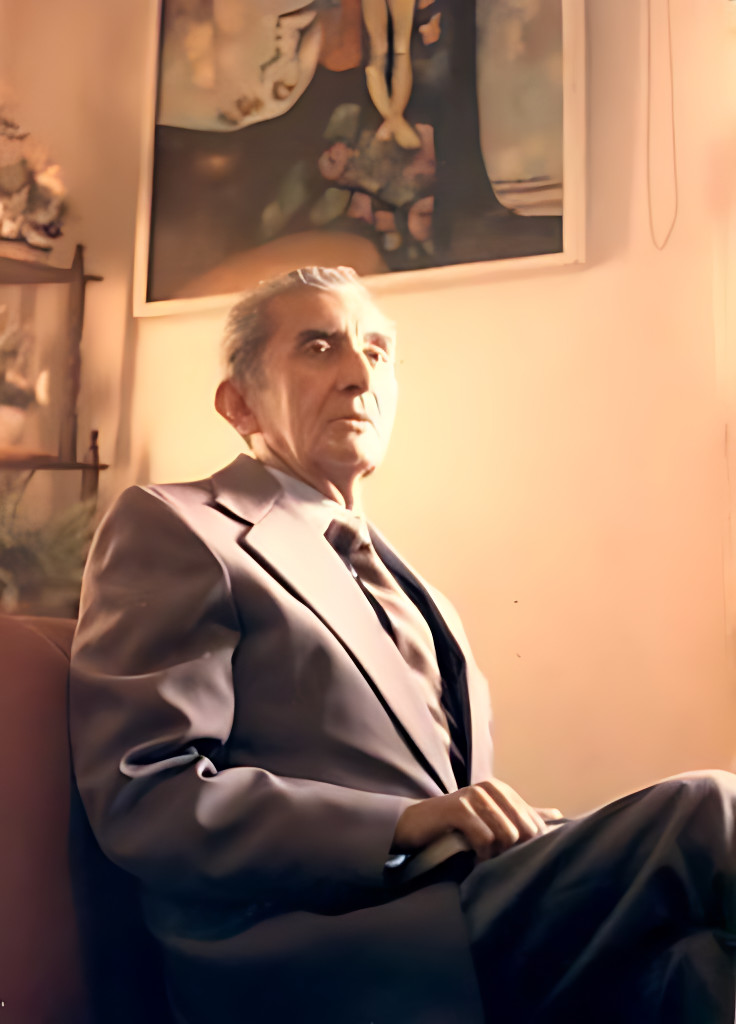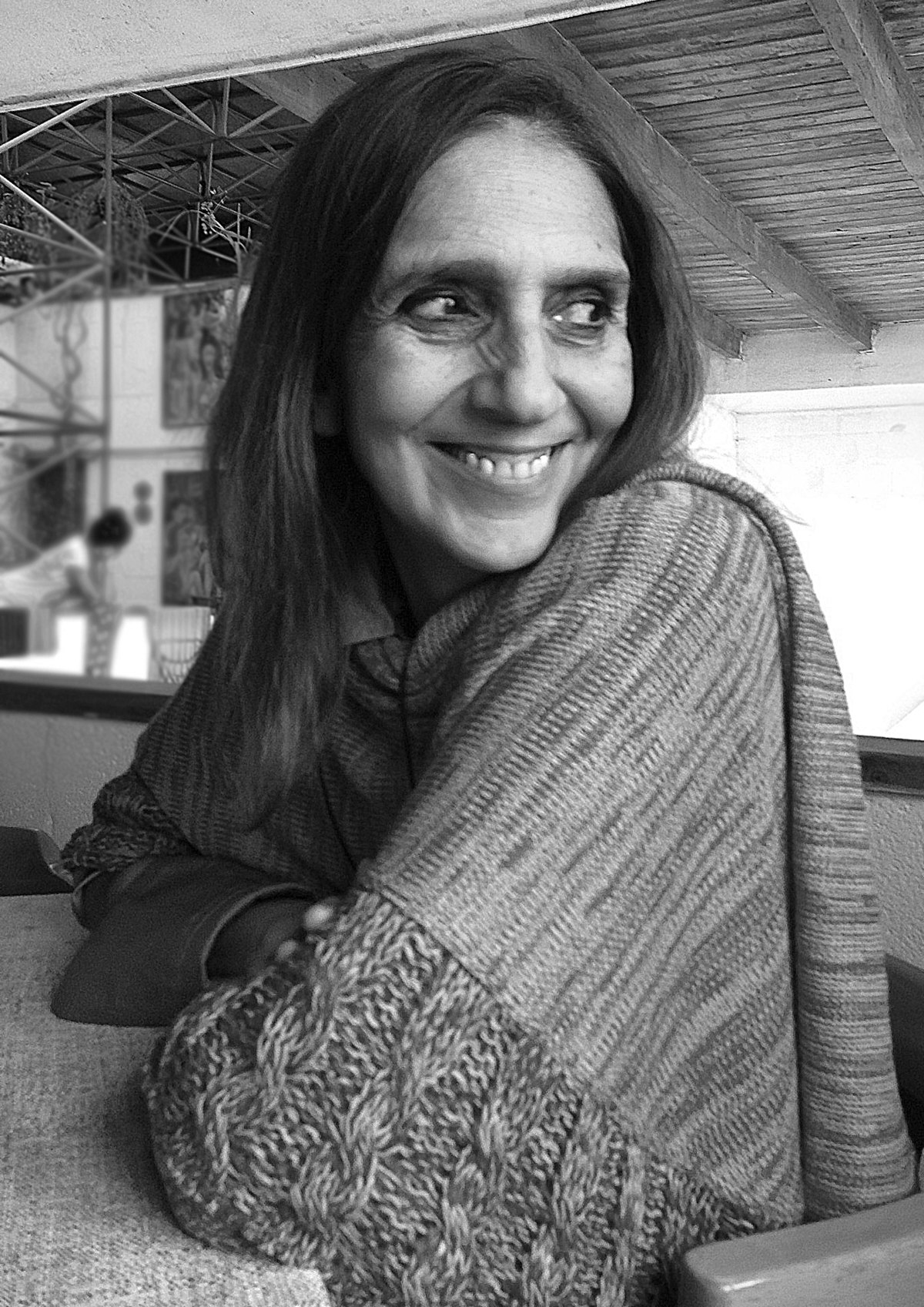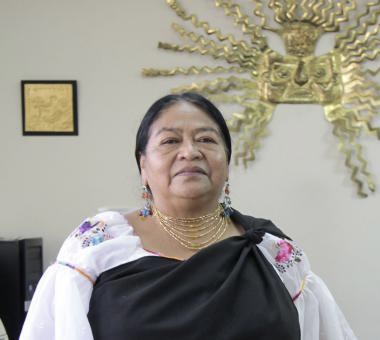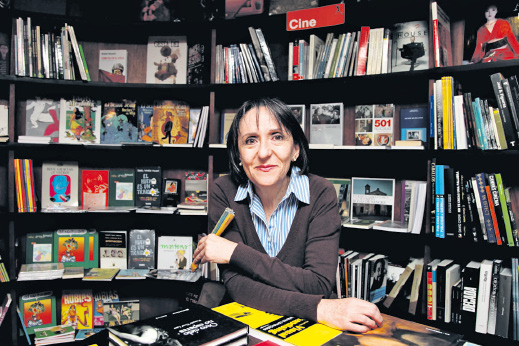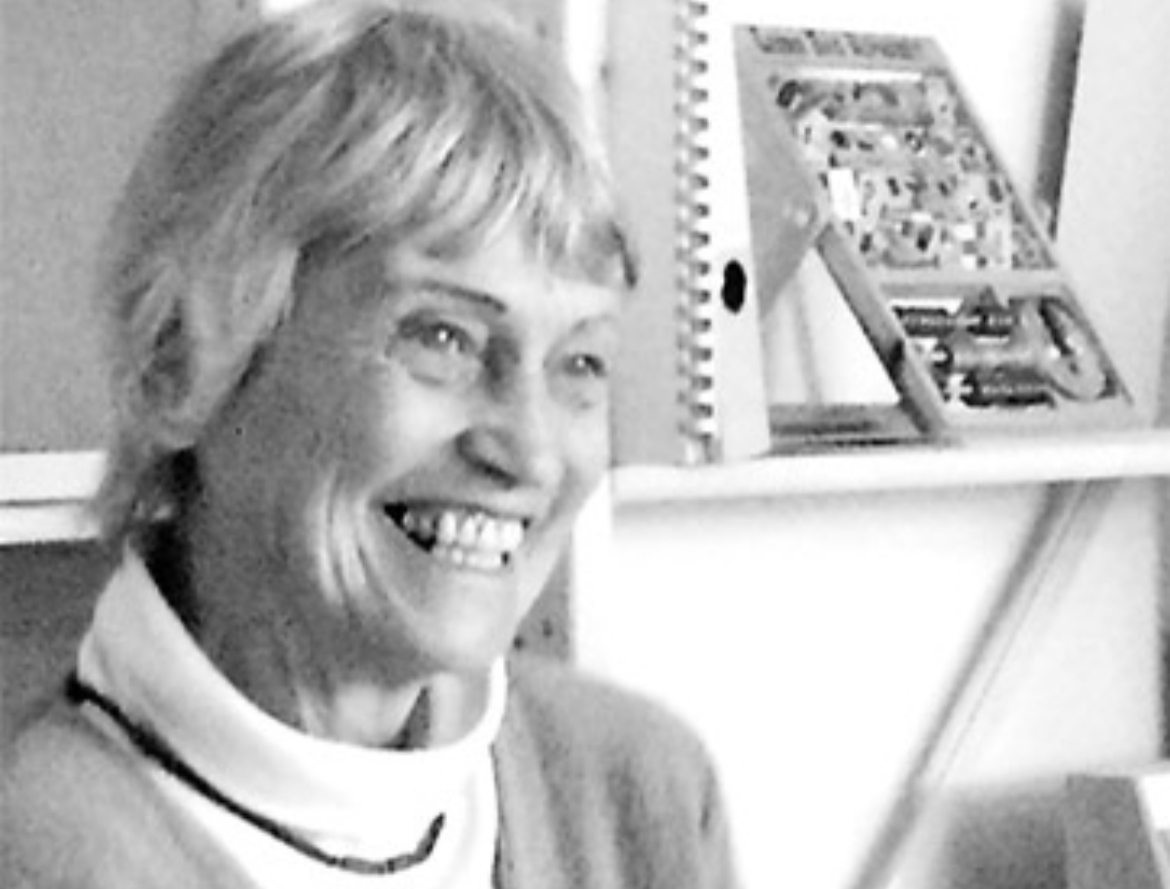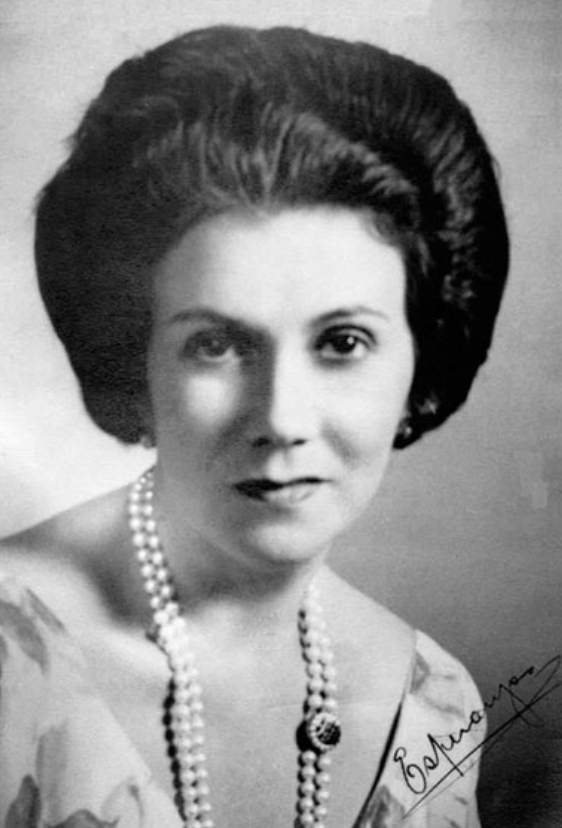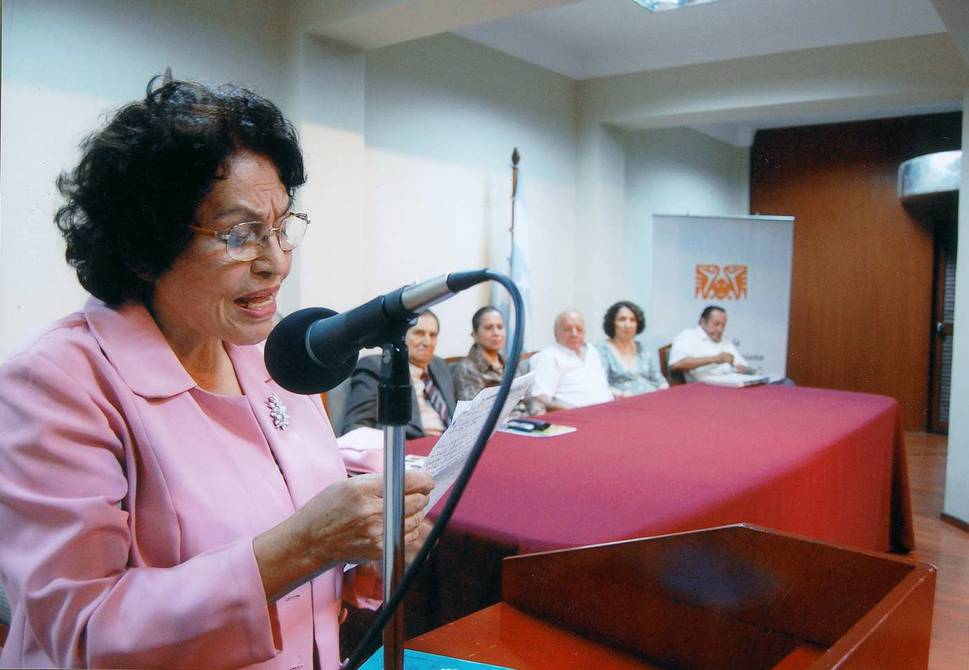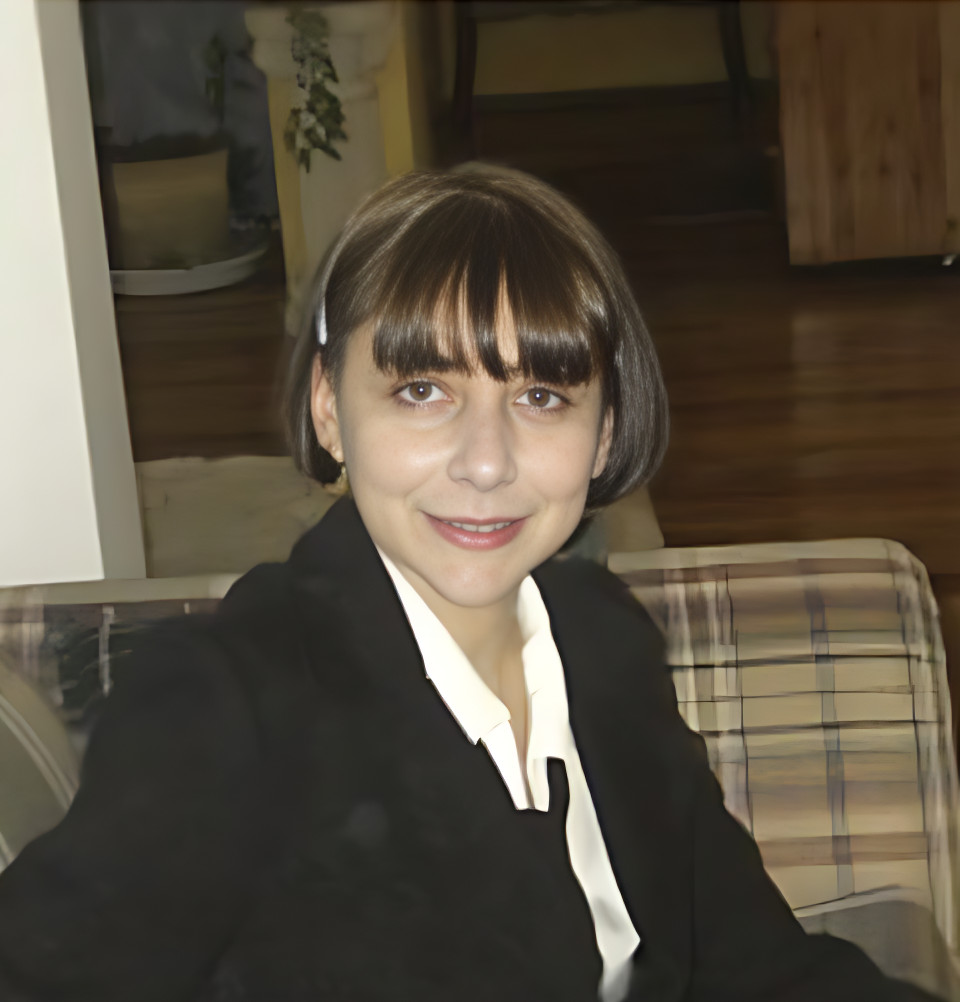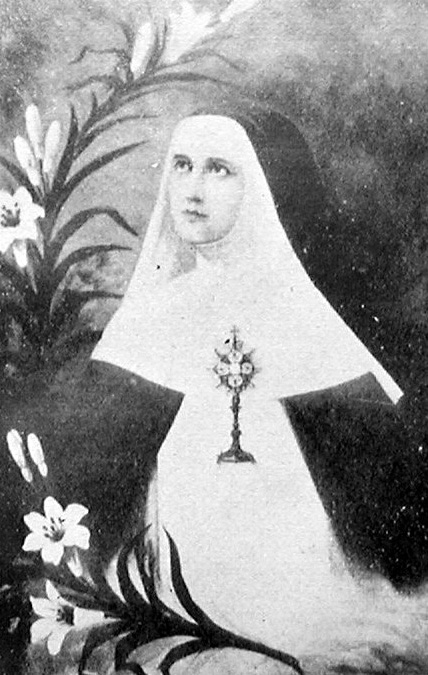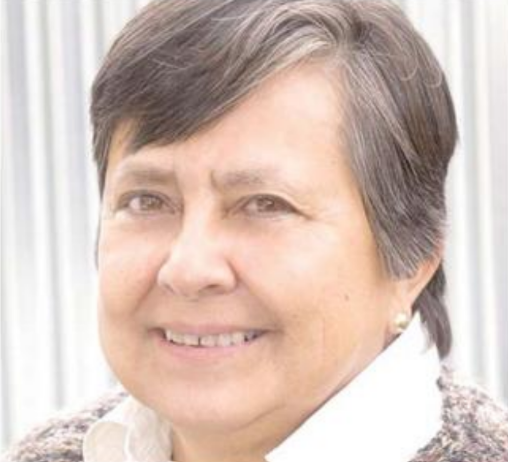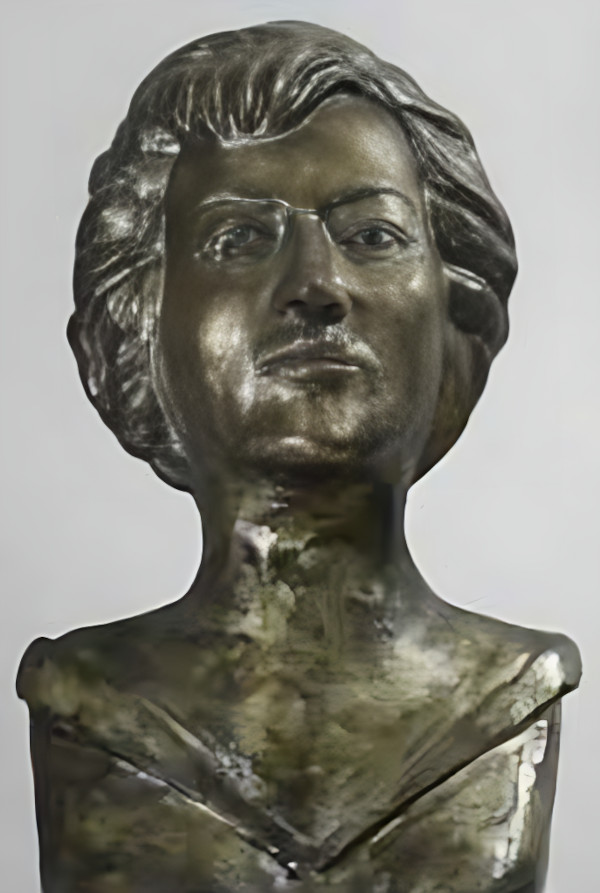Jorge Vanegas Muñoz (Guayaquil, September 6, 1923 – ibidem, April 6, 2003) the distinguished Ecuadorian poet, novelist, and journalist, left an enduring literary legacy that transcends borders. His notable works, including “Los sangrientos estambres,” “Esqueleto en abril,” and “Los escarabajos de un Virey,” stand as testaments to his poetic prowess and his commitment to the art of verse. In 1975, he received the prestigious National Poetry Contest Ismael Pérez Pazmiño award from the esteemed Guayaquil newspaper “El Universo.” Beyond his literary contributions, Jorge’s advocacy for peace, as seen through his participation in the Committee of Ecuadorian Writers for Peace and representation at the World Congress in Stockholm, reflects his dedication to using poetry as a force for harmony in a world marked by division. His life’s work continues to inspire and captivate readers, solidifying his place in Ecuador’s literary pantheon and beyond.
Continue reading “Jorge Vanegas Muñoz”Month: September 2023
Evelia Peralta
Evelia Peralta (Tucumán, Argentina, 1941) is a notable Argentine-born architect who stands as a trailblazer in the world of architecture and urban planning in Ecuador. Her extensive contributions encompass academia, urban development, and architectural publications. Peralta co-authored several influential books that have become foundational references in understanding Ecuadorian architecture. Among these works, the “Architectural Guide to Quito,” a collaborative effort with Rolando Moya and Pablo Moreira, offers profound insights into the cultural and historical significance of Quito’s architectural treasures. Additionally, her book “Quito: Cultural Heritage of Humanity” and “Landscape Architecture: Quito, Concepts, and Designs” showcase her dedication to preserving Ecuador’s architectural heritage while embracing innovative design concepts. Evelia Peralta’s tireless efforts have made her a key figure in promoting Ecuadorian architecture, leaving an indelible mark on the nation’s urban landscape and architectural discourse.
Continue reading “Evelia Peralta”Estelina Quinatoa Cotacachi
Estelina Quinatoa Cotacachi (Riobamba, October 1, 1953) is a distinguished Ecuadorian historian and curator of Kichwa Otavalo heritage. Her extensive qualifications include a Bachelor’s in Applied Anthropology from the Salesian Polytechnic University, a Master’s in Conservation and Cultural Asset Management from Universidad SEK, and the title of Anthropology expert from Universidad Abierta de Loja. She has contributed significantly as an Educational Guide at the Museum and Galleries of the Central Bank of Ecuador and later as an Assistant at the Archaeological Reserve of the Central Bank of Ecuador. Internationally acclaimed, she has conducted courses and conferences across the Americas and Europe. Her prolific publications and research reflect her unwavering commitment to preserving Ecuador’s cultural heritage, culminating in her prestigious induction into the National Academy of History of Ecuador in June 2021.
Continue reading “Estelina Quinatoa Cotacachi”Mónica Varea Maldonado
Mónica Varea Maldonado (Latacunga, 1958) is an accomplished Ecuadorian author, best known for her contributions to children’s literature. Hailing from the picturesque city of Latacunga, her literary journey has touched the hearts of young readers, bringing forth enchanting tales such as “Margarita Peripecias” (2008), which earned her the prestigious Honorable Mention in the Darío Guevara Mayorga National Prize in 2008, bestowed by the Metropolitan District Municipality of Quito). Her dedication to crafting captivating narratives is further evident in works like “Estás Frita, Margarita” (2010) and “Navidad de Perro” (2013), which continue to delight and inspire young imaginations. Through her writing, Mónica Varea Maldonado has not only won awards but also hearts, making her a cherished figure in Ecuador’s literary scene.
Continue reading “Mónica Varea Maldonado”Rebeca Wild
Rebeca Wild, a notable German educator and author, was born in Berlin, Germany, in 1939 and later made Ecuador her home until her passing in 2015. In 1961, Rebeca Wild embarked on a transformative journey to Ecuador, where she would go on to make an enduring impact on the field of education. In 1977, alongside her husband Mauricio Wild, she founded the Pestalozzi Educational Center, a tribute to the Swiss pedagogue Johannes Heinrich Pestalozzi, underscoring their commitment to innovative educational methods. Her significant contributions revolved around pioneering pedagogical approaches, a theme evident in her books, including, “Raising Curious, Creative, Confident Kids: The Pestalozzi Experiment in Child-Based Education” (2000).
Continue reading “Rebeca Wild”Mariana Ochoa Loayza
Mariana Ochoa Loayza is an accomplished Ecuadorian historian and writer. Her contributions to historical research and literature have earned her widespread recognition and respect. Notably, her books “Vicente Rocafuerte. Gobernación de Guayaquil 1839 – 1843. Epistolario” (Volumes 1 and 2), “Gobernación de Guayaquil, 1839-1840: Epistolario,” and “Viajeros por El Oro” have become invaluable resources for understanding Ecuador’s history and cultural heritage. Her expertise lies in meticulously compiling and analyzing historical documents, providing profound insights into the lives of prominent figures and transformative eras. Mariana Ochoa Loayza’s dedication to her craft has garnered numerous awards and accolades, cementing her status as a revered figure in Ecuadorian academia and literature. Her enduring legacy ensures that her work continues to enlighten and inspire generations of scholars and readers alike.
Continue reading “Mariana Ochoa Loayza”Teresa Molina de Muñoz
Teresa Molina de Muñoz (Piñas, August 10, 1888 – Quito, November 24, 1950) was an Ecuadorian poet and educator known for her contributions to the magazine El Hogar Cristiano and her pseudonymous writings as La Orquídea in the newspaper El Universo. Born in Piñas, often referred to as the “Orchid of the Andes,” she received her early education in Catacocha, Loja, before moving to Quito. In Quito, she worked as a teacher at several schools, including Fernández Madrid, Colegio Experimental Simón Bolívar, and Normal Manuela Cañizares. Some of her notable works include “Por el milagro de la Ciencia,” “Mi hijo,” and “La novela de los Salmos.” Her cultural legacy continues through the educational institution named after her in Piñas, Ecuador, and her valuable contributions to literature and education in the province.
Continue reading “Teresa Molina de Muñoz”Esperanza Matheus y Yerovi
Esperanza Matheus y Yerovi (Guayaquil, March 2, 1917 – December 1, 2006) was a distinguished Ecuadorian linguist, academic, writer, and cultural advocate. Among her notable works were “Mito y Mística del Siete,” “Ecuatorianismos de Costa y Sierra,” and “César Andrade y Cordero: Vida y Obra.” Her commitment to advancing culture was recognized with significant honors, including her election as a member of the Ecuadorian Academy of Language in 1980, where she delivered an impactful speech titled “La Participación de la Mujer Ecuatoriana en la Creación de la Cultura del País” (The Participation of Ecuadorian Women in the Creation of the Country’s Culture). Additionally, she received the Lazo de Dama de la Orden del Mérito Civil from Francisco Franco and the Lazo de Dama de la Orden de Isabel la Católica, presented by Juan Carlos I of Spain. Esperanza Matheus y Yerovi’s contributions to Ecuador’s cultural and literary landscape remain an enduring testament to her legacy.
Continue reading “Esperanza Matheus y Yerovi”Josefina Egas Montalvo
Josefina Egas Montalvo (Guayaquil, 1920 – February 2, 2014) was an Ecuadorian poet and a writer. She was known for her contributions to poetry and literature, as well as her dedication to education. Among her notable works are “Poetas Periodistas Guayaquileños” (2007), a comprehensive exploration of the biographies of Guayaquil’s literary figures, and her inclusion in “La Voz de Eros: Dos Siglos de Poesía Erótica de Mujeres Ecuatorianas” (2006), highlighting her poetry alongside other renowned female authors. Her dedication to literature and education earned her several awards and recognitions, including honors from the Casa de la Cultura Ecuatoriana and the Círculo de Periodistas del Guayas. In 2011, she received a prestigious award for her exceptional career as a teacher and poet, cementing her legacy in Ecuadorian literature.
Continue reading “Josefina Egas Montalvo”Patrizia Di Patre
Patrizia Di Patre is an accomplished Italo-Ecuadorian philologist and literary critic known for her extensive contributions to the study of medieval, Renaissance, and Baroque literature and culture in Europe and the Americas. With a doctorate in letters from the University of Florence and a doctorate in philosophy from the Pontificia Università Urbaniana, her remarkable academic journey has paved the way for a distinguished career. Notably, she has shed light on Ecuador’s early literary heritage and organized international academic events while serving as a professor at the Pontifical Catholic University of Ecuador. Her prolific research and numerous publications underscore her expertise in the field of literature and cultural studies.
Continue reading “Patrizia Di Patre”Catalina de Jesús Herrera
Catalina de Jesús María Herrera Campusano, known as Sor Catalina de Jesús Herrera (Guayaquil, August 22, 1717 – September 29, 1795) was a revered Ecuadorian religious figure and a talented writer. She demonstrated an early affinity for learning, thanks to her mother’s guidance in reading, writing, and religious education. Catalina embarked on a profound spiritual journey that led her to the Monastery of Santa Catalina de Siena in Quito. There, she adopted the religious name “Catalina Luisa de Jesús, María y José” and dedicated her life to faith and contemplation. Her contributions extend beyond her religious devotion, as she left a lasting literary legacy through her autobiography, “Secretos entre el alma y Dios,” which was completed in 1760 and remains a source of inspiration for readers interested in her spiritual insights and reflections. Catalina de Jesús Herrera’s life and writings continue to be celebrated for their profound wisdom and devoutness.
Continue reading “Catalina de Jesús Herrera”Mariana Cortázar
Mariana Cortázar Crespo (Portovelo, 1946) is an Ecuadorian writer and historian. Her work is characterized by a deep commitment to researching and narrating the history of her native province, El Oro, and other coastal regions of Ecuador. A significant part of her literary contribution lies in her valuable research, with books like “Portovelo cuenta su historia” and “El Oro de Portovelo” standing out as notable examples of her ability to unravel and share the rich history of her region. These works have earned her numerous accolades, including the prestigious David Rodas Maldonado Award from the Casa de la Cultura Ecuatoriana, núcleo El Oro, in 2014. In the same year, she was also honored with the Rosa Vivar Award by the Municipality of Portovelo. Mariana Cortázar’s dedication to preserving and promoting Ecuador’s cultural heritage is further evident in her book “Julio Jaramillo: Nuestro patrimonio,” which pays homage to the iconic Ecuadorian singer Julio Jaramillo.
Continue reading “Mariana Cortázar”Zoila María Castro
Zoila María Castro (1907-2001) was a prominent Ecuadorian writer who, alongside Mary Corylé, Eugenia Viteri, and Carmen Acevedo Vega, stands as one of the most significant female figures in Ecuadorian literature from 1948 to 1960. Her most important work, titled “Urbe,” is a book of short stories that offers a social realist perspective on Ecuadorian immigrants in the U.S. Among her notable works are “En el norte está el dorado” and “Verónica, historia de amor.”
Continue reading “Zoila María Castro”
